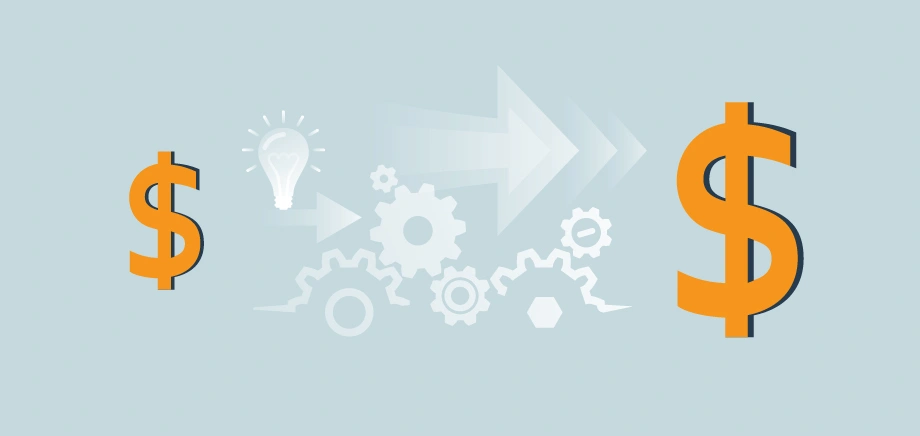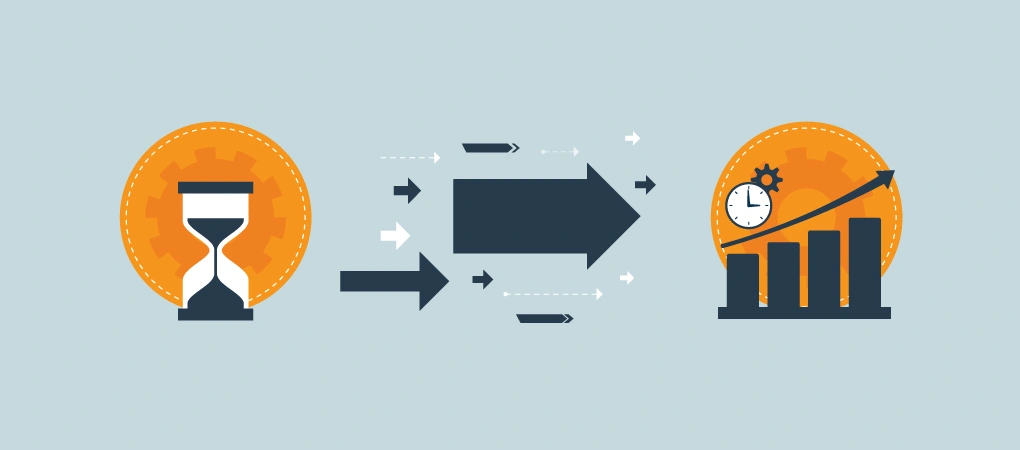Procrastination As Wisdom: How To Transform Your Secret Habit Into Your Secret Weapon
Dan Sullivan

I’ve got a confession to make: I procrastinate.
A lot.
And it used to be a source of tremendous guilt and anxiety, no matter the outcome. Even if I ultimately achieved a goal I had procrastinated on, I always looked back on it with shame at the delay, not pride at the result.
Everyone’s guilty little secret.
The thing is, everybody procrastinates. Whether it’s on implementing new ideas for your business, meeting with a demanding client, or simply dusting the living room, there’s always something people find themselves putting off for another day.
Yet I’m guessing you, just like everyone else, feel bad about it, as though it’s some character flaw only you’ve had the misfortune of getting stuck with (and had better hide if you want anyone to respect you). It’s not something anybody with real success and mental fortitude would fall victim to, right?
Wrong.
The fact is, everybody who is ambitious also procrastinates.
I’ll say it again: Everybody who is ambitious also procrastinates.
Not everybody knows how to use procrastination to increase their productivity, however. Few understand that, not only are procrastinations not a bad thing, they’re actually an immense source of wisdom and insight.
In essence, they’re your entrepreneurial superpower.
Who, Not How
That’s because procrastination is your brain’s way of telling you that you aren’t the appropriate person to achieve your goal. It’s not that your goal is bad, or even unrealistic. Rather, it’s your assumption that you have to not only think of the goal, but do everything necessary to realize it, that’s the problem.
You need to start looking at the “Who” instead of the “How.”
Every time you procrastinate in the face of a bigger and better goal, it’s because an inner wisdom is telling you that your role is to define the goal and that other individuals will supply all of the necessary “Hows.”
To learn how procrastination can permanently become a guide to your greatest achievements rather than the source of your greatest guilt, download WhoNotHow today.
Operating within your Unique Ability.
This “WhoNotHow” philosophy might sound like shirking responsibility at first, but it’s simply a smarter division of labor. If your goal involved your Unique Ability—what you’re not only great at, but find endlessly fascinating and energizing—you wouldn’t be procrastinating on it. You’d feel an irresistible drive to complete it yourself.
So if you keep putting a project off, it’s a clear sign it’s time for you to pass it on to someone else.
The neat thing is, this principle applies to every area of your life, not just business. If you hate cooking but your spouse loves it, it hardly makes sense for that job to fall to you. By that same token, if you love interacting with clients but despise paperwork, why would you isolate yourself in your office all day?
The best result in any endeavor always comes from people doing what they love and working in teamwork with other people doing what they love.
Unique Ability Teamwork in action.
Once you’ve recognized that your role is to define a particular goal rather than take action on it, your next step is to start gathering the right Whos. And Who you find to implement your How is just as important as recognizing when the Who isn’t you.
That’s because your task isn’t to just pass your project off to someone else who also doesn’t want to do it. You won’t get a better result handling it that way, nor is this what WhoNotHow is all about. Your task is to find the right Whos for the job—the people who actually want to take on this project because it gives them an opportunity to perform an activity they love doing and grow their capabilities at the same time.
In other words, you imagine a greater future, then create opportunities for others to become a part of it, creating a greater future for themselves in the process.
With WhoNotHow as your guide and Unique Ability Teamwork as your vehicle, everybody wins.







